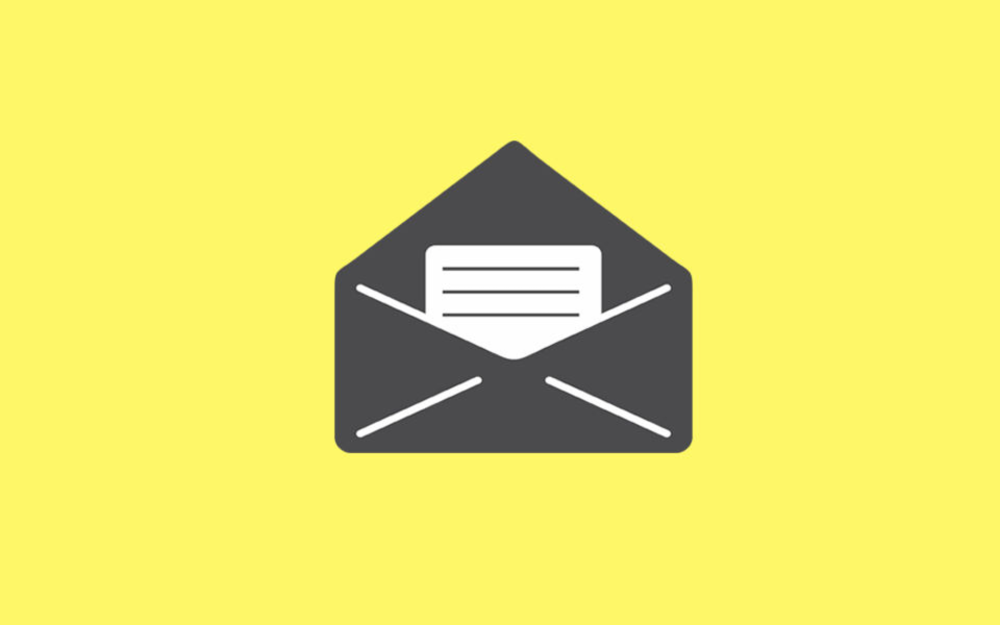When it comes to understanding customer data for a brand or company, re-engagement, or the process of connecting with inactive consumers, has become an essential tool of any marketing campaign.
The most common form of re-engagement marketing is through email, whereby brands or companies will resend or send out a “personalized” email to the consumer in attempt to reconnect with them. From the holiday or birthday-based, to the limited-time-only or coupon driven, re-engagement marketing campaign, brands and companies are attempting to re-establish a connection with their inactive consumers.
For those about to embark in re-engagement marketing or start another campaign, here is DMN’s top 10 tips.
Goals
The most important, and perhaps least covered tip, for creating a re-engagement marketing campaign is that brands should establish goals. However banal it may sound, brands must develop a focused list of goals to use as a foundation for the campaign. If not, a brand may fall into the trap of creating too many or too few emails, convoluting the process, and thereby hurting the campaign of reconnecting with consumers.
Frequency
Initially, the concept of frequency can invoke an inspiration of more is better. However, re-engagement marketing must use frequency as a balancing tool. In looking over data of past campaigns, brands must distinguish what campaigns worked when and with whom. The habits analytics of users will determine how and when a brand should push campaigns and when a brand should pull back.
Personalization
The main mission of re-engagement marketing is to reconnect with inactive consumers. The best way to reach a consumer is by catering to their personal needs. Who is the consumer? What are the consumer’s interests? Based on analytics and information inputted into the system, a brand should recognize a consumer’s needs and tailor the marketing campaign toward them.
Segmentation
Every successful brand has its loyal following, their most engaged consumers. However, emailing them the same way you email inactive customers is a mistake. A brand should segment their email marketing campaigns to those consumers who most engaged and least engaged, by tailoring the frequency and content to them differently.
Mobile
Brands need to ensure their email marketing campaigns are not strictly designed for laptop or PC engagement. The way a re-engagement email reads and looks on a mobile can make or break the connection between the brand and consumer. Every device is different and the campaign should cater to that concept.
Filter
For brands who have consumers that have not engaged in six months, nine months, a year, a separate re-engagement marketing campaign must be built to cater to their inactivity. The brand should develop filters, whereby emails are sent to individuals after a certain period of inactivity, perhaps one with a personal message, in an effort to re-establish communication.
Theme
Brands should develop re-engagement marketing campaigns around a certain theme, such as holidays or birthdays. The theme-based re-engagement marketing campaigns are among the most popular, especially when there is a special promo or coupon incorporated in the email.
Competitions
Nothing better than a little competition to spark the connection between a brand and a consumer again. From contests, to giveaways, to raffles, brands can reconnect with consumers by enticing them to enter into a competition for products or specials based around the company.
Survey
A consumer should feel like their voice counts. One of the most effective ways to create communication between a consumer and brand is through a survey. Brands should allow the consumer to give them data, such as what are the reasons for their inactivity.
Product Recommendations
Asking a consumer for product recommendations can provide brands with a clear understanding of their present and future position in the public eye. Additionally, brands, armed with this information, can send campaigns that automatically suggest products the consumers may enjoy.








